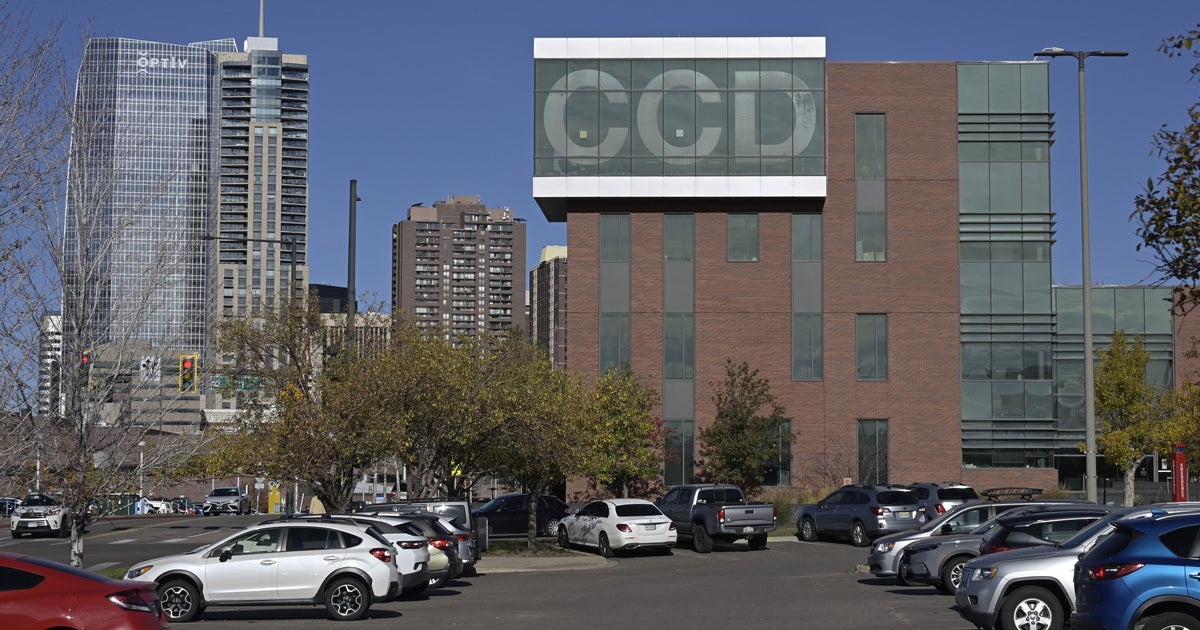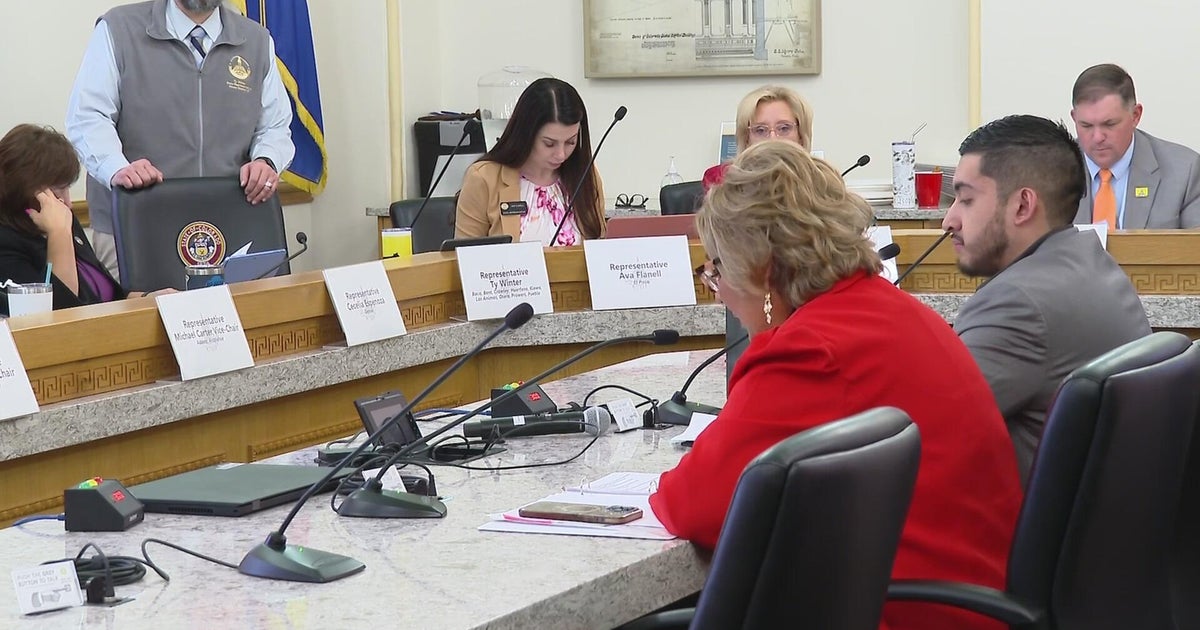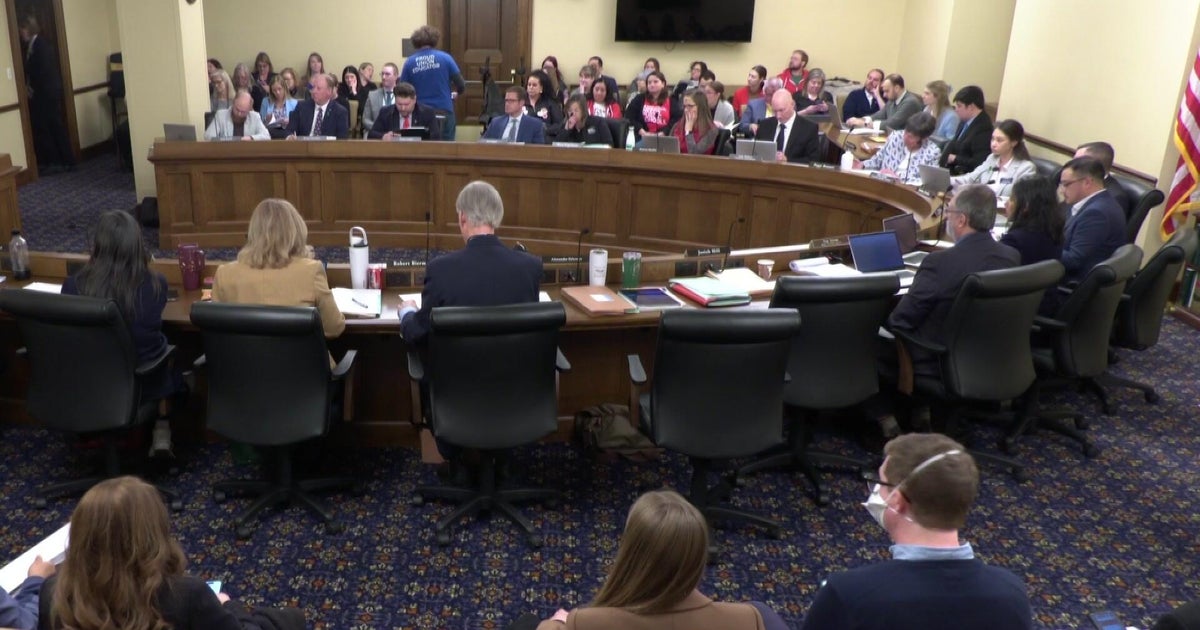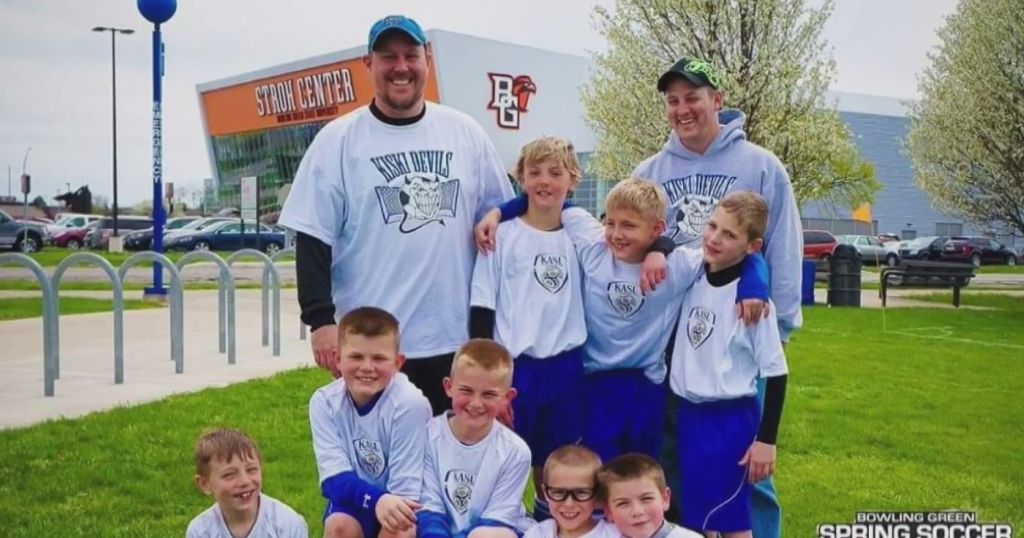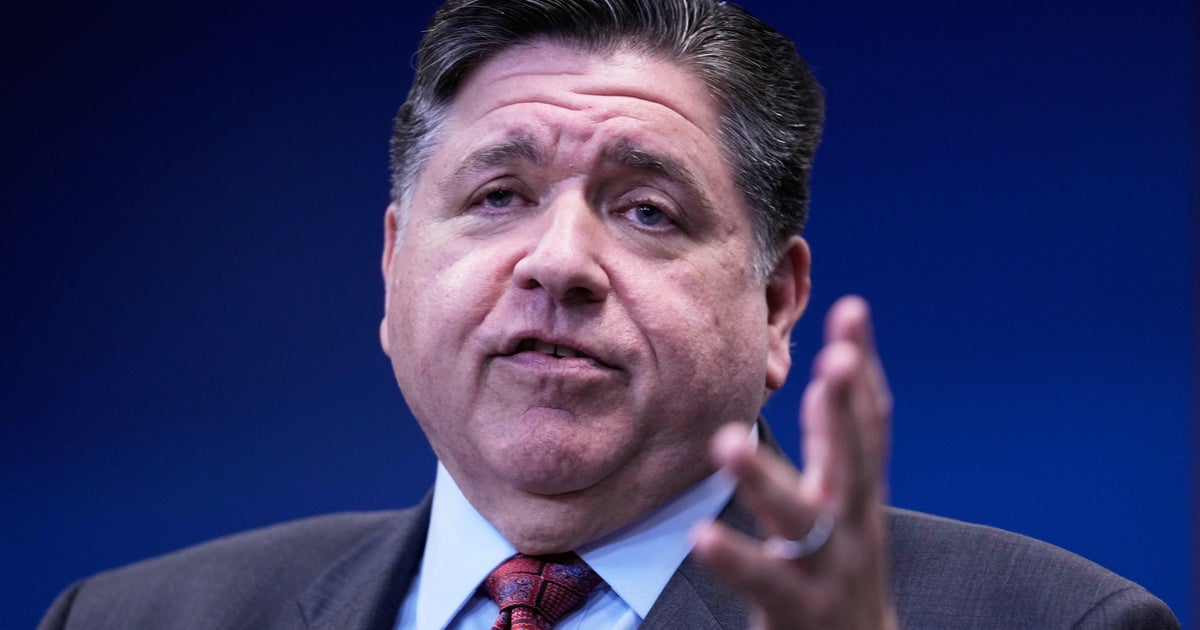Bill Would Make Coloradans Organ Donors By Default
DENVER (CBS4/AP) -- Some lawmakers say Colorado should be the first state where people become organ donors by default, even though other states' efforts have been halted by worries about making such a personal decision automatic.
Colorado's proposal, introduced in the Legislature last week, would change the process for renewing driver's licenses and ID cards so applicants are assumed to be organ and tissue donors unless they initial a statement that says they want to opt out.
The Colorado Donor Alliance said in 2010, 66 percent of people at the DMV opted in to organ donation even though the state doesn't offer discounts on state IDs for donors, as some states do. That's about 2.9 million people.
Sue Dunn with the Donor Alliance said she supports the idea of presumed consent but believes the proposed legislation feels too rushed and could backfire. She said that the system right now is quite successful. She wants to make sure that when drivers are asked about organ donation in a different way that they don't opt out instead.
Brad Kornfeld knows how organ donations can save lives from personal experience. He agrees with Dunn.
"My father was actually one of the first double lung transplant recipients off of a ventilator in the world," Kornfeld said.
After his father received a set of lungs, Brad gave his father a kidney. Kornfeld hopes the legislation will happen some day, but has doubts about what's on the table at the Capitol.
"If the bill isn't done properly and this bill is not, it will lead to preventing those professionals in the field from approaching those families and getting organs donated from those people who want to do it but hadn't thought about it quite yet," Kornfeld said.
The "presumed consent" system is common in Europe and is credited with dramatically raising donation rates. In the U.S., however, similar approaches have been defeated by lawmakers in at least three states -- Delaware, Illinois and New York -- because of concerns that donation programs seem coercive if they require residents to say no.
Organ donation advocates hope for a warmer reception in Colorado, where nearly two-thirds of people carrying driver's licenses or state-issued IDs volunteer as donors -- a higher rate than in any other state.
One of the bill's sponsors, Democratic Rep. Daniel Pabon of Denver, said the change would simply make it easier for people already willing to donate their organs when they die. The current system relies on Division of Motor Vehicles employees to ask each person who applies for a license or ID.
"This takes a bunch of people who otherwise might donate but just get in the DMV and don't want to stand in line, or they forget, and this makes it easier," said Pabon, whose uncle received a liver transplant after three years on a waiting list in Iowa.
Applicants would see a statement that says, "You are automatically deemed to have consented to being an organ and tissue donor and this designation will appear on your driver's license or identification card."
Opponents of Delaware's 2008 bill called it an intrusion into people's privacy that treats organs as commodities. People against the opt-out method argue that presumed consent could force someone to become a donor against their will. Some people fear a medical team won't work as hard to save them if there is a greater benefit to harvesting the organs.
"This issue is one that's ripe for Colorado," Pabon said of his presumed consent proposal.
Despite Colorado's donation-friendly environment, organ donation advocates say the state still doesn't have enough donors to meet demand.
"After people pass away, there's a way to save nine lives, 10 lives with organ and tissue donations," said Steve Farber, a Denver attorney who received a kidney transplant from his son and co-wrote "On the List: Fixing America's Failing Organ Transplant System."
Farber, who founded the American Transplant Foundation, hasn't yet taken a position on Colorado's opt-out proposal. Even if Colorado raises organ and tissue donations through an opt-out system, there would still be a shortage because medical demand far outpaces supply, he said.
Arthur Caplan, of the University of Pennsylvania's Center for Bioethics, agreed that waiting lists aren't going away.
"The demand for organs is growing so fast that even if we do this, we're not going to meet the shortage," said Caplan, one of the nation's most prominent supporters of opt-out donation programs.
He had some advice for Colorado lawmakers supporting the change: Replace the "presumed consent" title on the bill with a better-sounding "default to donation." Caplan says the phrase "presumed consent" sounds Orwellian to some.
"When you use the word 'presumed' it sounds like you're just going to take the organ, and that doesn't sound good," said Caplan, who last year argued in favor of New York's failed attempt at presumed consent.
(TM and © Copyright 2011 CBS Radio Inc. and its relevant subsidiaries. CBS RADIO and EYE Logo TM and Copyright 2010 CBS Broadcasting Inc. Used under license. All Rights Reserved. This material may not be published, broadcast, rewritten, or redistributed. The Associated Press contributed to this report.)
